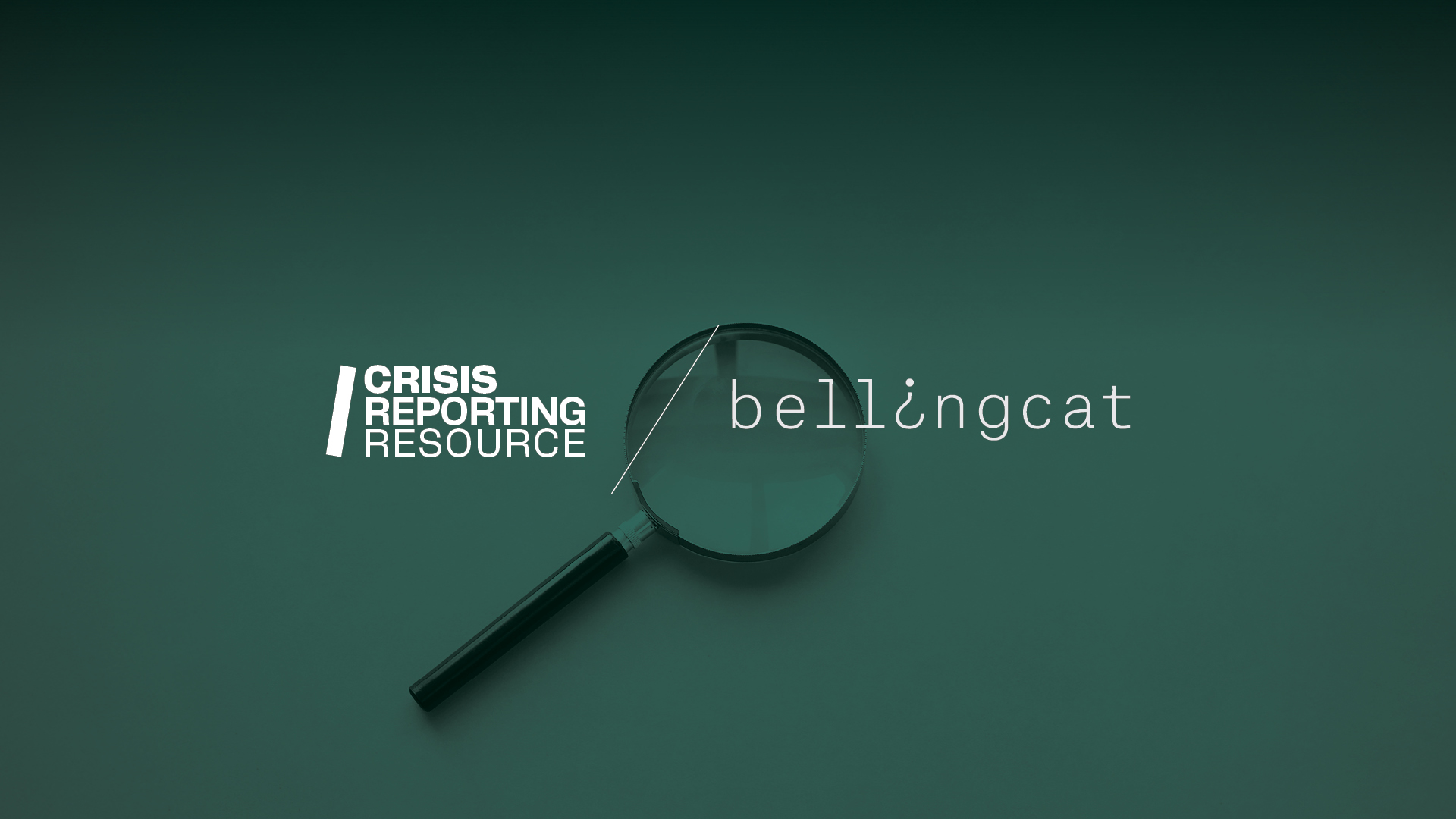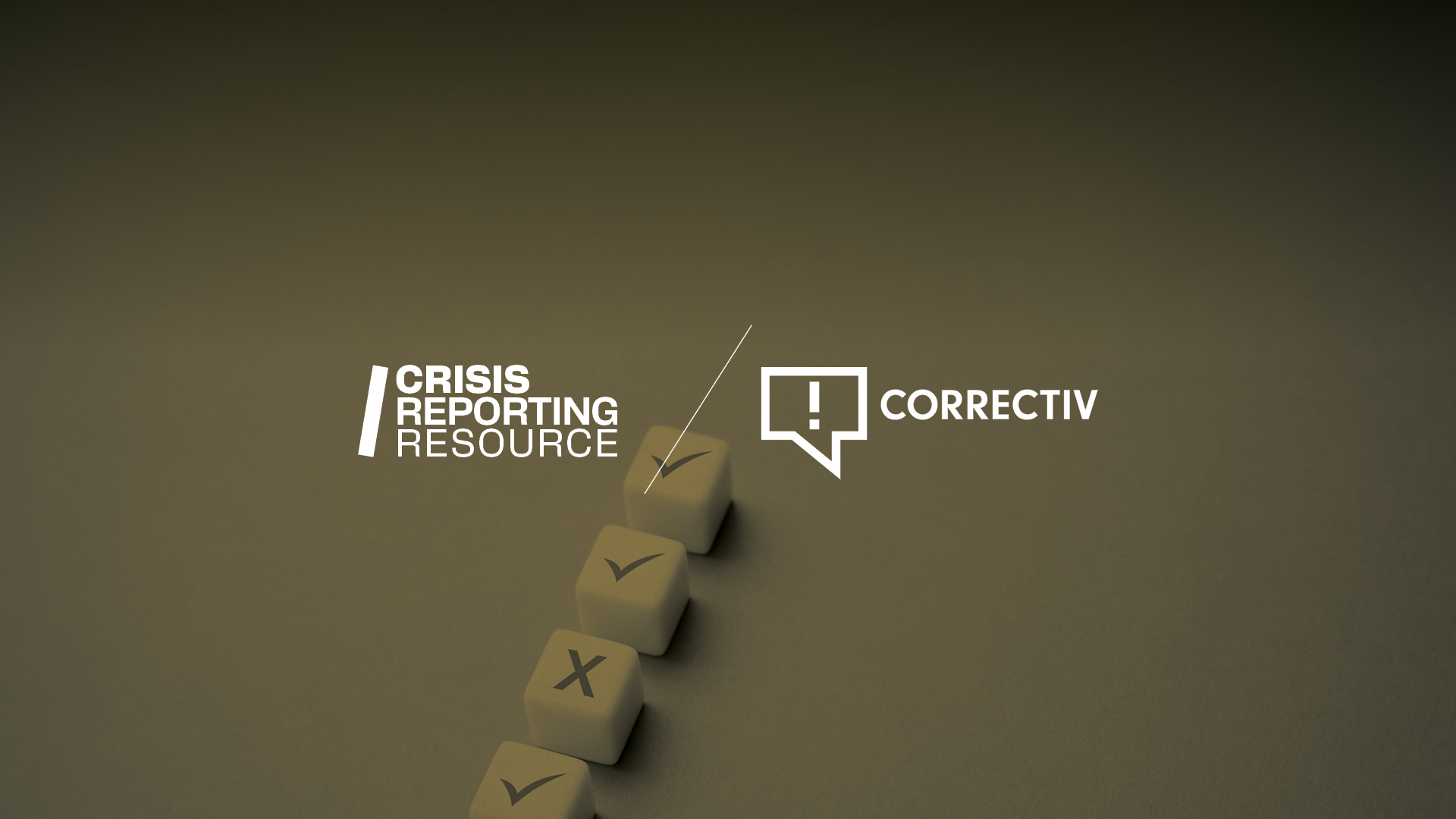Deepfakes and attention retention
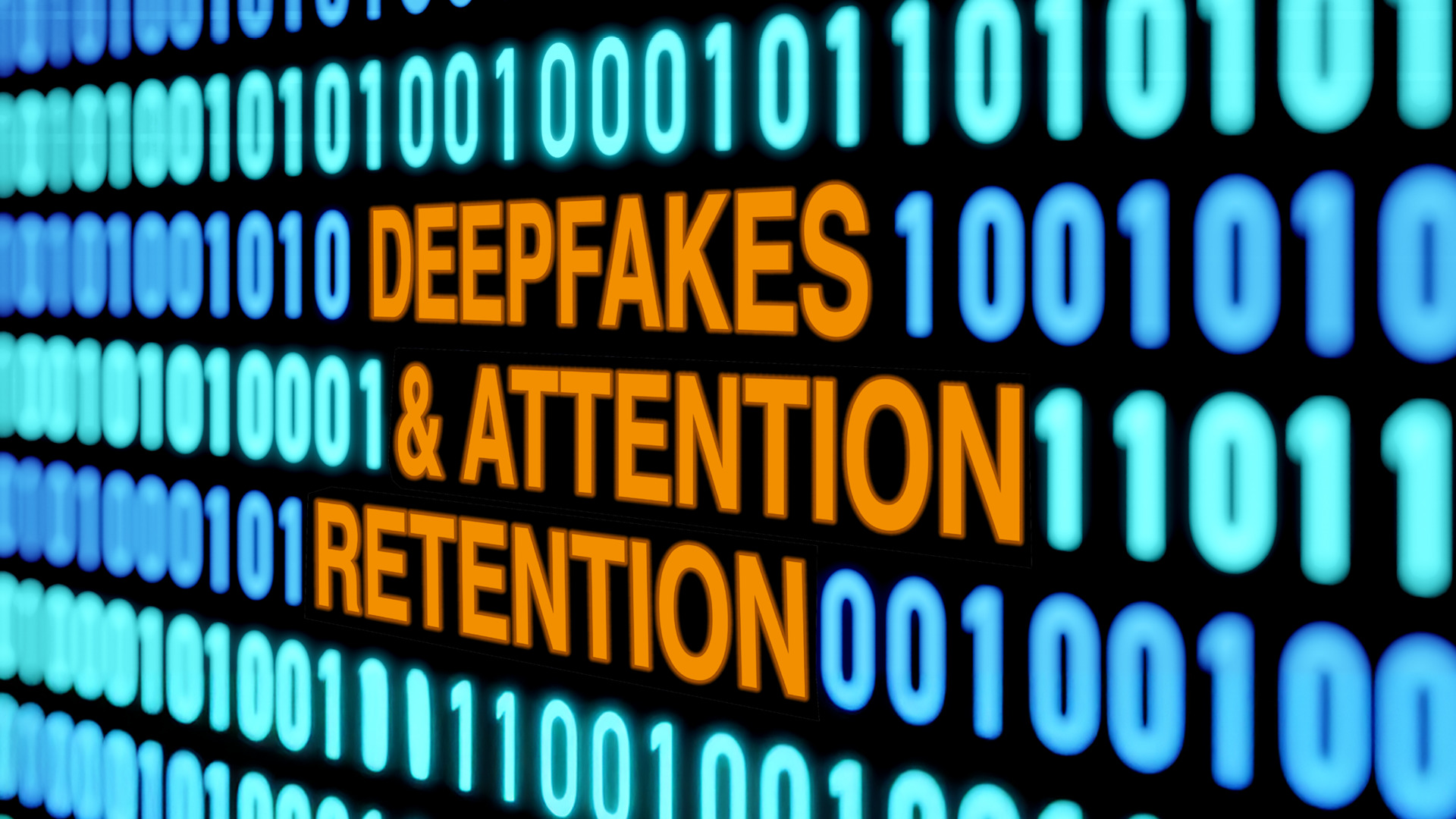
What can we learn by focusing on how people react to manipulated or synthetic visual content? A multidisciplinary team of journalism professors attempted to challenge the 2024 iMEdD International Journalism Forum attendees’ misconceptions and cognitive biases by studying the effect deepfakes have on them at the Forum’s Media Village. Reported by University of Hong Kong journalism student Hiu Fung Alvin for the Forum’s Pop-Up Newsroom.
Fact-Checkers vs. Fake News: Is Social Media a Boon or Bane for Journalism?
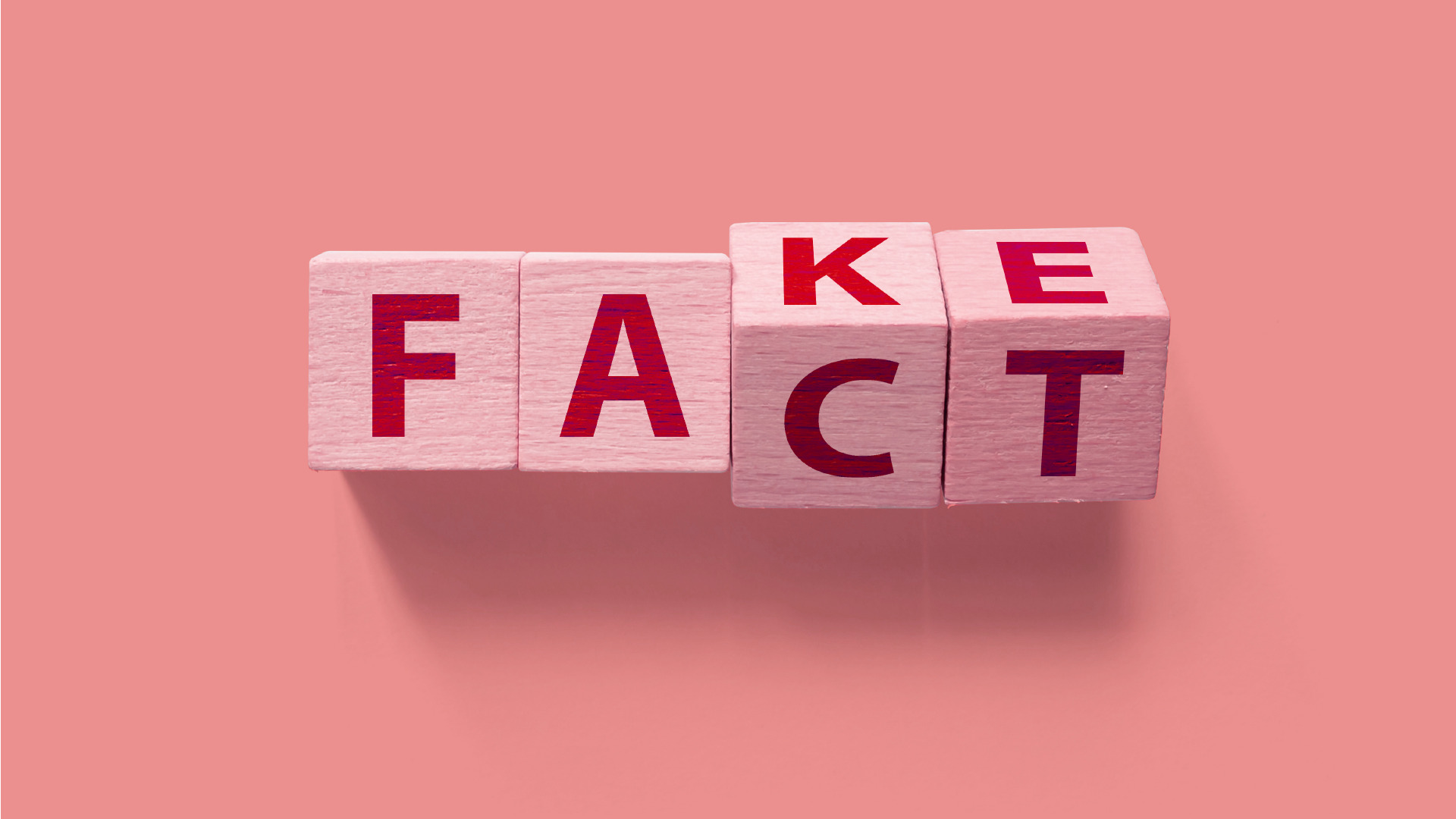
What do journalists attending the 2024 iMEdD International Journalism Forum in Athens think about the role of social platforms in the fight against Fake News? Social Media expert and TikTok Producer for The Washington Post Carmella Boykin gives her own take. Reported by University of Hong Kong journalism student Seo Chelin Celine for the Forum’s Pop-Up Newsroom.
Misinformation about the Israel-Hamas war often follows similar false narratives
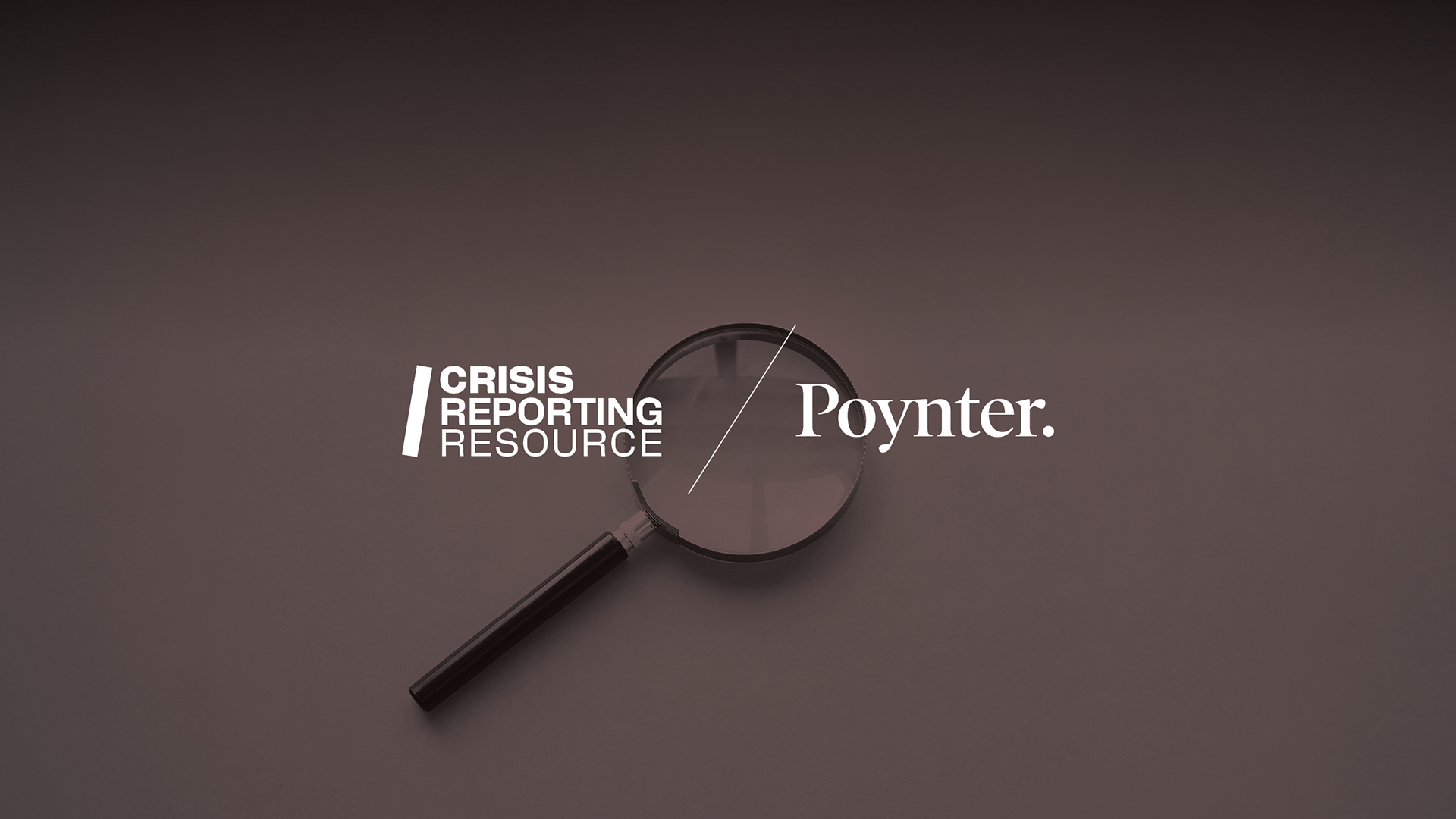
Fact-checkers with the IFCN have found false claims seeking to undermine victims’ suffering.
The Digital Frontline of the Israel-Hamas Conflict Could Extend Long After the War
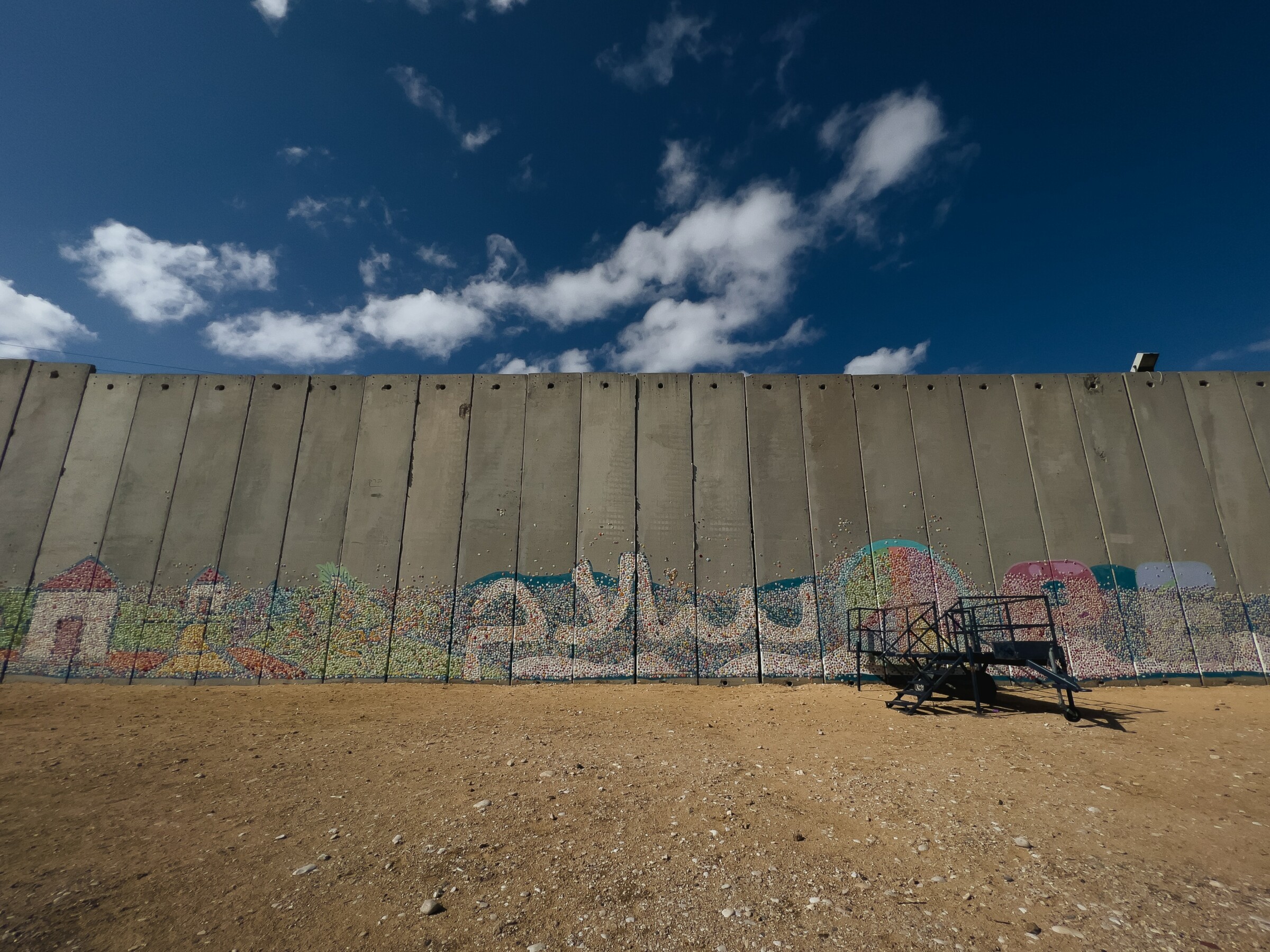
The conflict shows how entwined physical and cyber war is in contemporary conflict
Social media, messaging apps and TV: The many pathways of disinformation in Lebanon
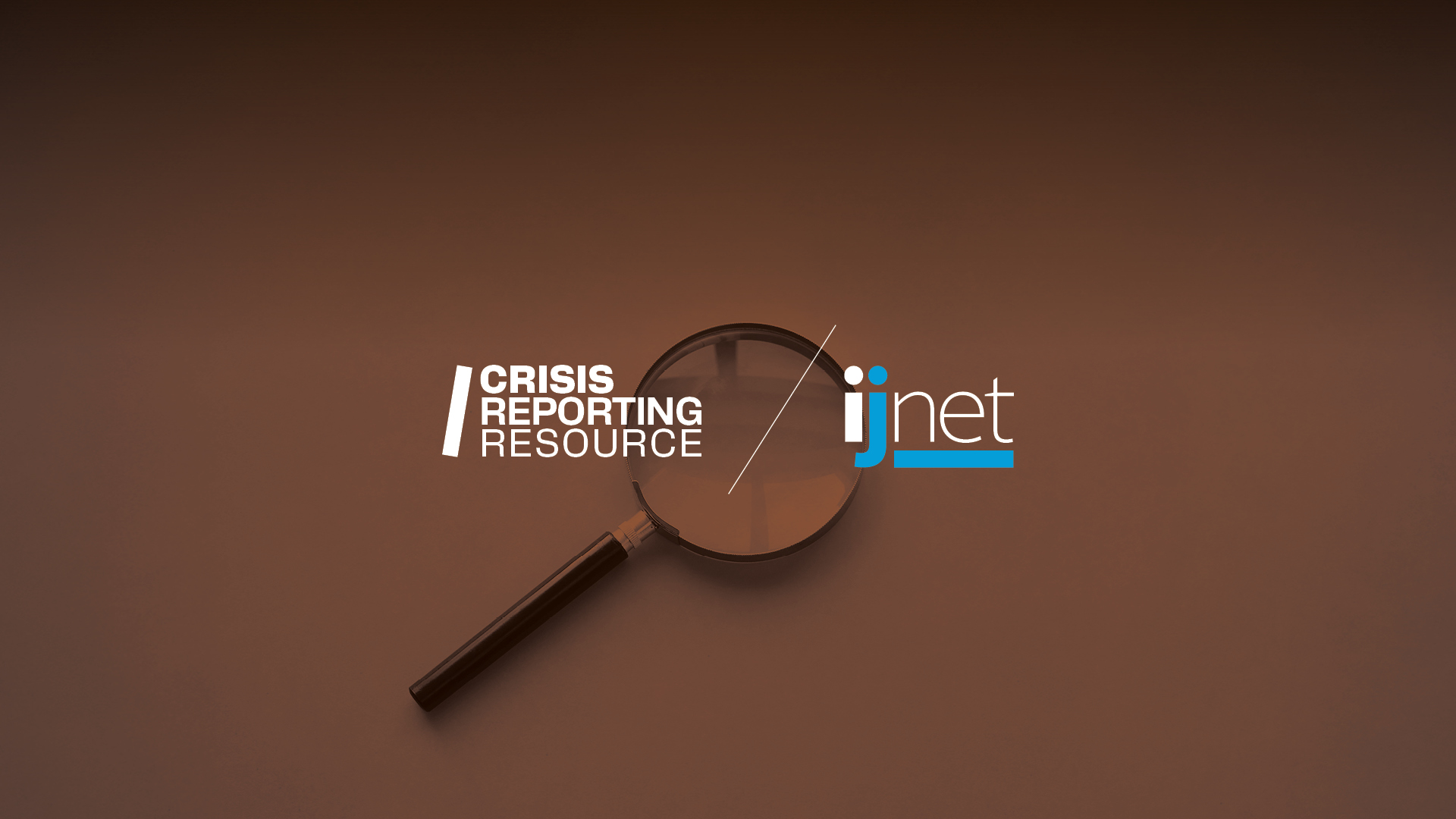
Whether it be on WhatsApp, Facebook, X (formerly Twitter), Instagram, TikTok or news sites, people in Lebanon are increasingly consuming information online.
Online Disinformation Surges in Balkans Amid Israel-Hamas Conflict
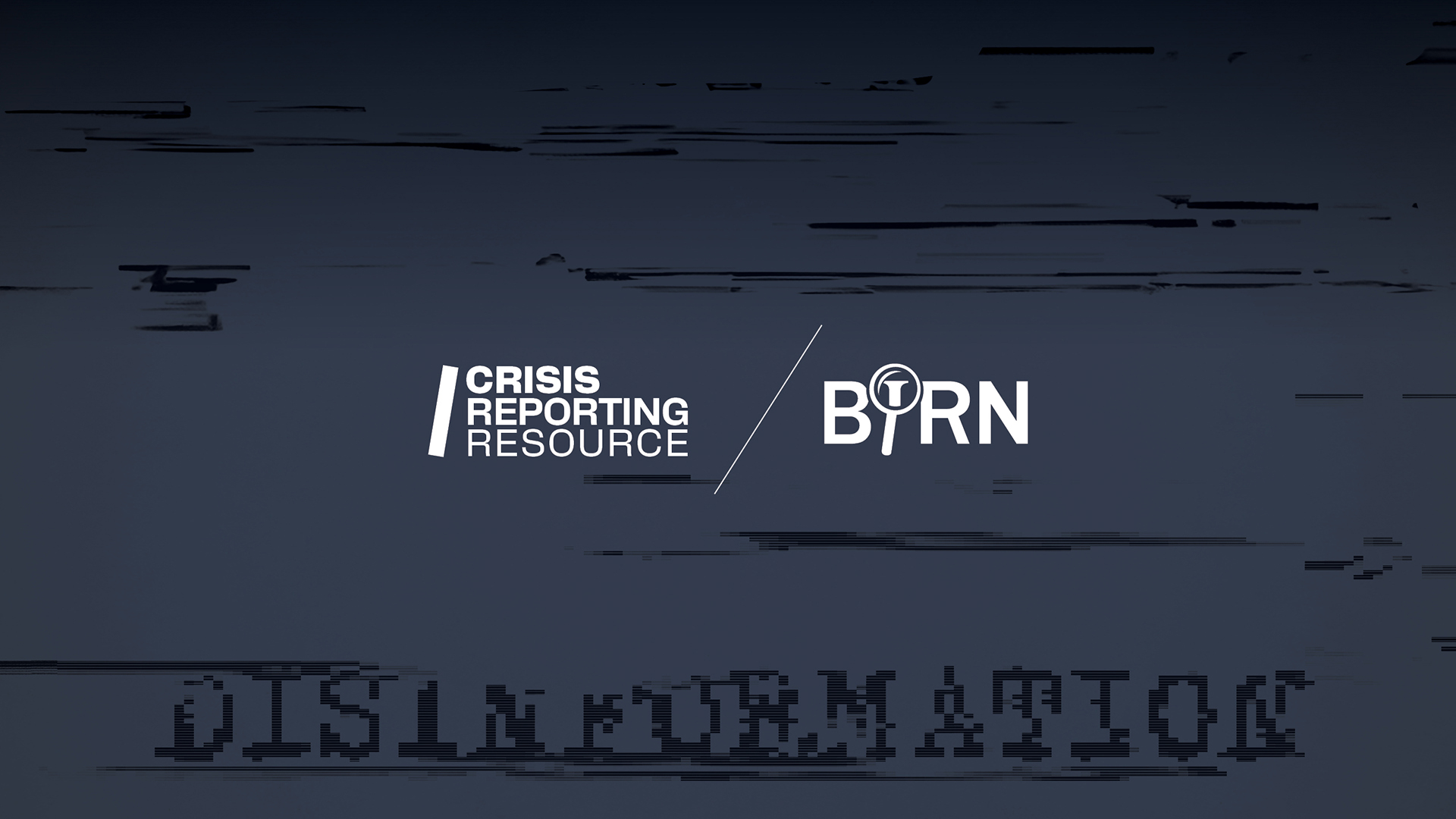
Hamas Attacks, Israel Bombs Gaza and Misinformation Surges Online

Misinformation has been spreading rapidly online ever since Hamas launched a surprise attack on Israel on October 7.
As misinformation surges during the Israel-Hamas war, where is AI?
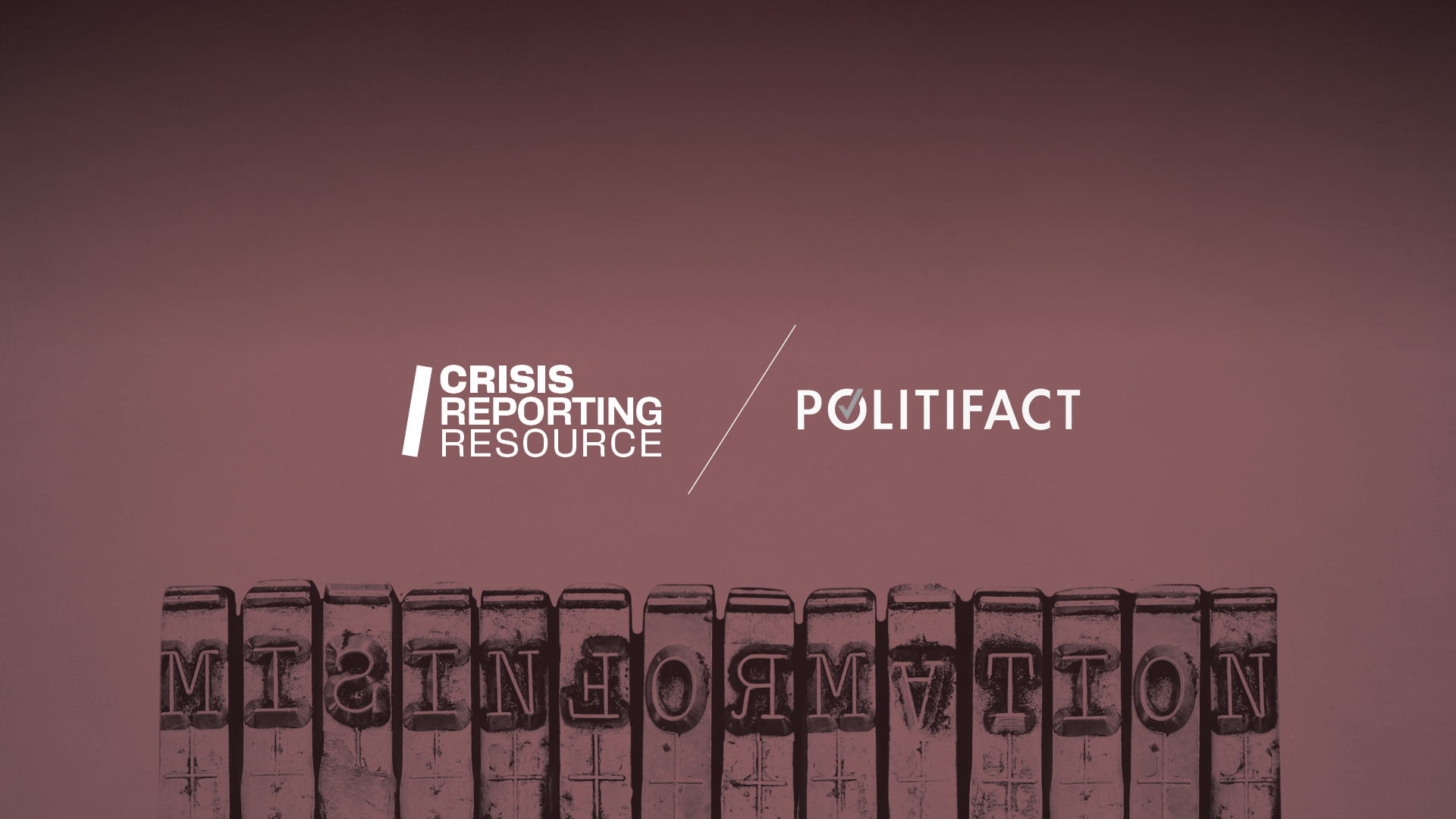
Deepfakes have not been a major factor in the flood of falsehoods during the conflict.
